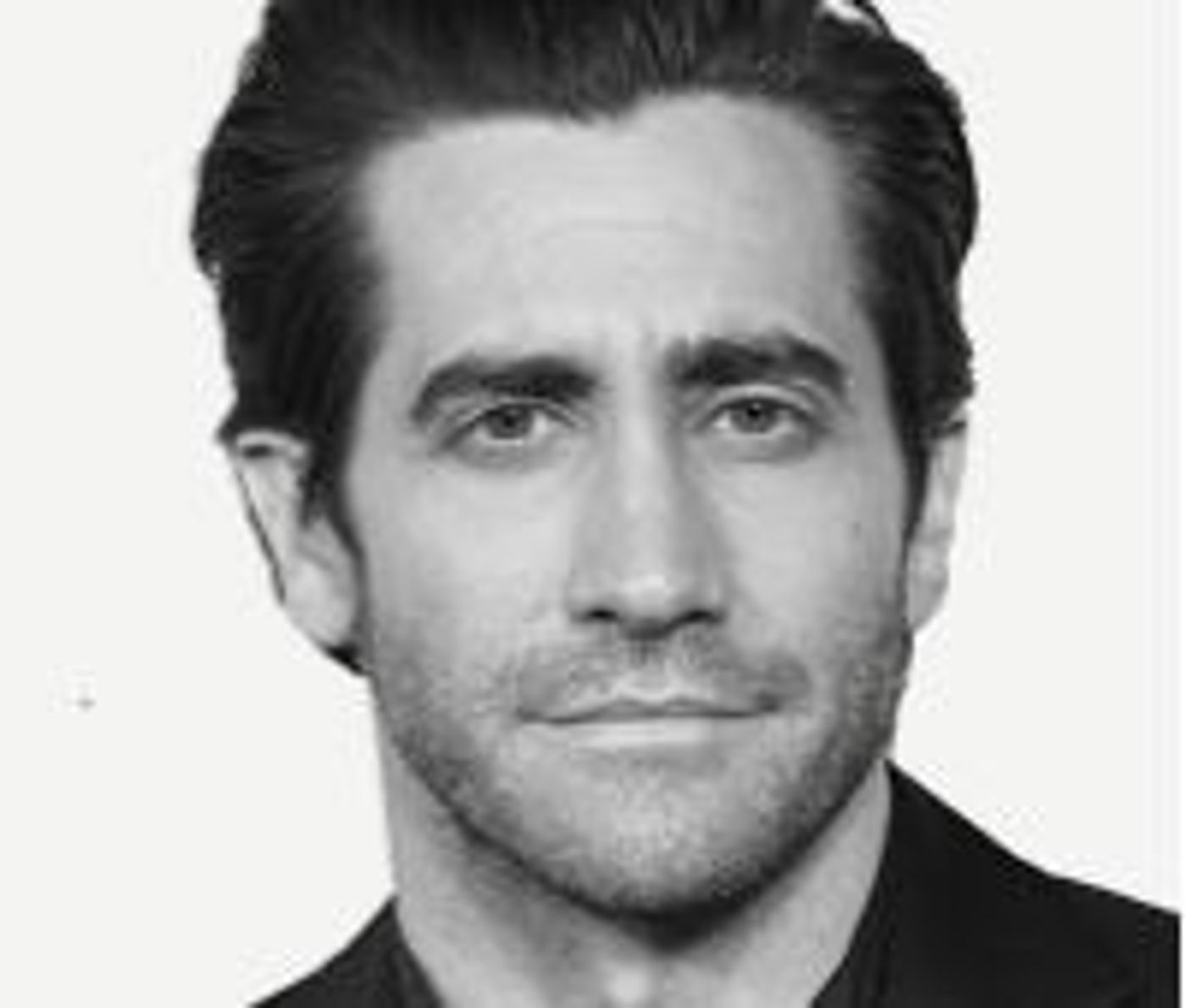Review: Jake Gyllenhaal and Tom Sturridge Revisit Their Broadway Success in Audible's Recording of SEA WALL/A LIFE
Simon Stephens and Nick Payne's one-acts deal with the grieving process after personal tragedy.
It's been nearly two years since the recording company Audible set up residency in Greenwich Village's Minetta Lane Theatre to produce small-cast plays, usually solo pieces, for short Off-Broadway runs that are recorded for commercially released audios.

Their past productions have included revivals like playwright/actor Aasif Mandvi starring in the 20th Anniversary production of his SAKINA'S RESTAURANT and new works such as this past season's THE WAY SHE SPOKE, by Isaac Gomez, for which Kate del Castillo is Drama Desk nominated as Outstanding Solo Performer.
But their newest theatre release, a double bill of solo plays titled SEA WALL/A LIFE, was first seen by New Yorkers at The Public before transferring to Broadway last summer in director Carrie Cracknell's delicately sensitive production.
Actors Tom Sturridge and Jake Gyllenhaal repeat their stage roles as men who are struck by personal tragedy and are dealing with the grieving process, but this time they're in a recording studio sans audience.
"As terrifying as anything I've seen," is how young Alex (Sturridge) describes the natural phenomenon that gives playwright Simon Stephens' SEA WALL its title.
"I thought it was a gradual slope," he explains, while describing his first scuba diving experience, unprepared for the sight of how the ocean's floor just suddenly drops down hundreds of feet.
That sudden, terrifying shift is an apt bit of symbolism foreshadowing a life-changing event occurring during a seaside family holiday at his father-in-law's cottage; an event that, as he puts it, has left a hole running through the center of his stomach.
On stage, Sturridge's Alex was a tense young man given to dart about aimlessly, sharply switch gears mid-sentence, or just helplessly stare out. He was always occupied, sometimes calming his nerves with a beer or looking through old photographs. This striking physicality, naturally, is lost with an audio recording and SEA WALL, despite the actor's fine vocal performance, comes off in this context as a character study that's missing vital shading.
Nick Payne's A LIFE is another matter. On stage, Gyllenhaal's Abe, a convivial and humorous storyteller, was fixed in one spotlighted section for the entire monologue, giving more focus to his words. A LIFE appears scripted more as a short story, helping to make the audio experience more satisfyingly complete.

"I remember reading somewhere," Abe recalls, "or maybe someone telling me about this idea that there are three kinds of deaths. The first is when the body ceases to function. The second is when we bury the body, or I guess set it on fire. And the third is the moment, sometime way in the future, when our names are said, spoken aloud, for the very last time."
Abe may someday very well be the one who speaks his father's name for the last time and he wonders who will do the same for his daughter, as he alternates descriptions of preparing for his hospital-bound parent's death from heart disease with preparing for his child's birth.
Though taking place years apart, both life-changing experiences force a sharp adjustment to his self-identity, as a son to one and as parent to the other, converging during periods when both father and daughter are nearly completely dependent on him.
When Abe is looking for a frank answer as to how much his father knows about the seriousness of his condition, he's frustrated by a doctor's vague reply, "We try to operate within a culture of optimism."
And yet, that culture of optimism is just the comfort Payne provides at the end of an emotional theatre experience.
Reader Reviews
Videos


